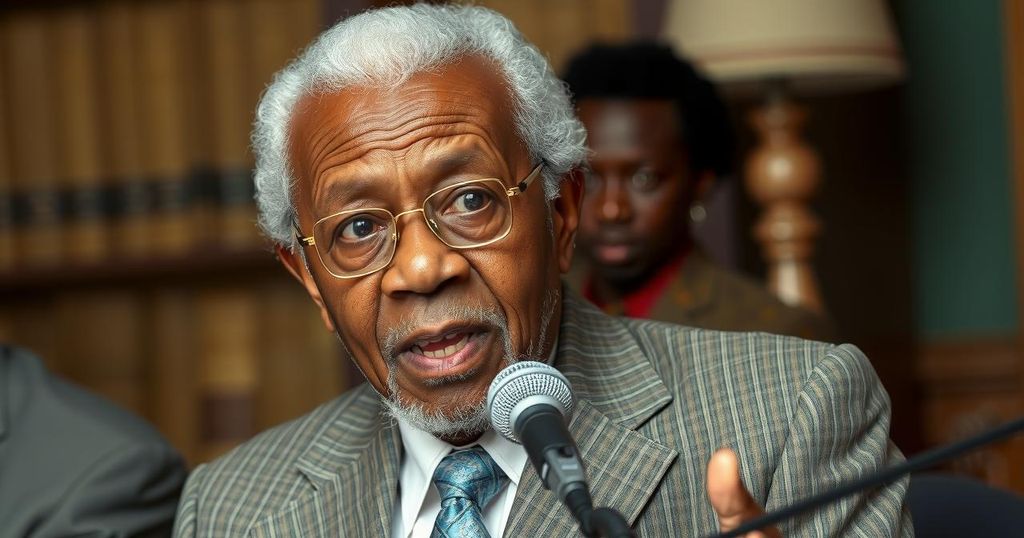Jimmy Carter’s Pioneering Legacy in U.S.-Africa Relations

Jimmy Carter was the first U.S. president to visit sub-Saharan Africa, significantly improving U.S.-Africa relations and advocating for human rights. His presidency marked a transformational period where he emphasized African self-determination and health initiatives. Even post-presidency, Carter’s commitment to public health and democracy in Africa has left an enduring legacy, positioning him as a key figure in the continent’s struggles for independence and stability.
Former U.S. President Jimmy Carter significantly impacted Africa’s relations with the United States during his presidency and beyond. As the first American president to visit sub-Saharan Africa in 1978, Carter reversed a long history of neglect towards the continent, emphasizing human rights and self-determination for African nations. His administration closely interacted with African leaders, offering a fresh perspective on U.S.-Africa relations amid Cold War dynamics, which was well-received by many African leaders. Following his presidency, Carter remained a committed advocate for African development, health initiatives, and democratic governance, as he continued to visit the continent multiple times.
Jimmy Carter’s presidency (1977-1981) marked a pivotal shift in U.S. foreign policy towards Africa. Before his administration, U.S. leaders largely overlooked Africa, despite the continent undergoing significant independence movements in the 1960s and 1970s. Carter’s administration sought to establish a new foundation for U.S.-Africa relations based on mutual respect and economic development, driven by both ethical and strategic interests during the Cold War. This commitment extended into his post-presidency years through his humanitarian work, particularly in health and democratic initiatives.
Jimmy Carter’s legacy regarding Africa is distinguished by his pioneering approach to U.S. foreign policy, the promotion of human rights, and dedication to health initiatives that have had lasting benefits for the continent. Through his efforts to elevate the significance of Africa in global discussions and his active participation in health and democracy projects, Carter remains a revered figure in Africa, continuing to influence the landscape of international relations.
Original Source: apnews.com







